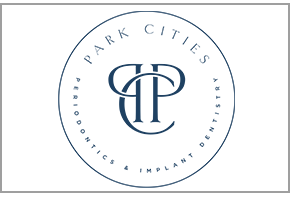The sedatives delivered to the patient can be relatively mild, such as nitrous oxide (“laughing gas”), and still highly effective in relaxing the patient and inducing a sleep-like state. A class of anti-anxiety medications known as benzodiazepines can also achieve this desired result.
It’s important to recognize that the patient remains conscious during the procedure with sedation dentistry, although they have the sensation that they are asleep. However, because they are conscious, they can continue to respond to commands from the periodontist. Also, the airway does not have to be artificially maintained with conscious sedation as it does with general anesthesia.
Another effect of sedation dentistry is the feeling that time is compressed. This means that a patient can endure longer treatment sessions, potentially allowing them to complete a treatment that might otherwise take several sessions in a single appointment. Your periodontist will inform you if this applies in your case.
A successful experience with sedation dentistry does require some planning on the patient’s part. For example, you will not be fully alert by the end of the appointment, so you will need to make arrangements for a responsible adult to escort you home. You should also avoid driving for 24 hours after sedation and refrain from drinking alcohol for that same period of time. Get plenty of rest, and make arrangements for someone else to supervise any small children in your home.
You should also start with liquids when it’s time to eat after your procedure. Steer clear from heavy foods for a while because your stomach may be sensitive.
Sedation dentistry can be tremendously beneficial in certain circumstances. To learn whether this treatment option might be helpful in your case, contact our team at Park Cities Periodontics and Implant Dentistry.
